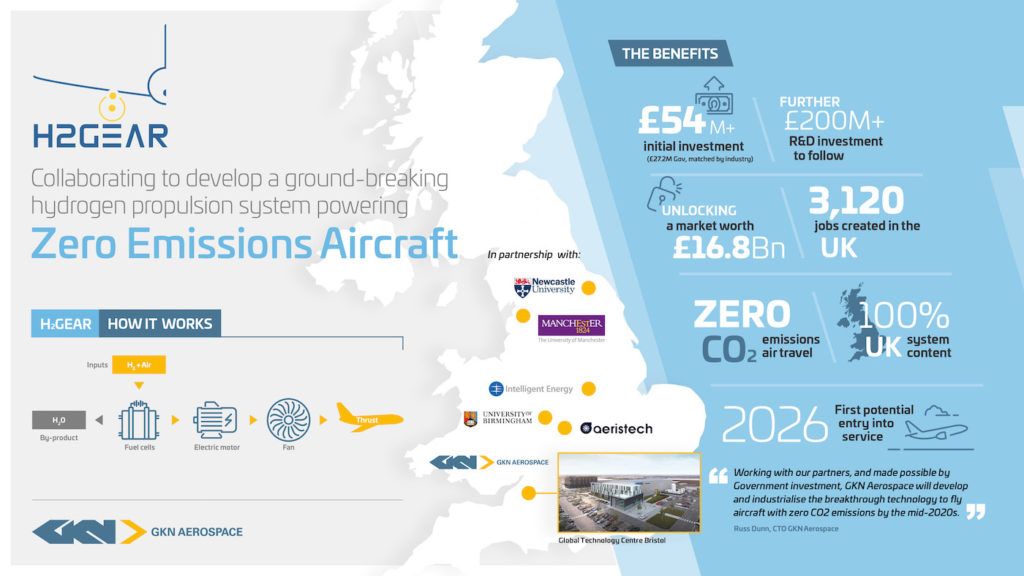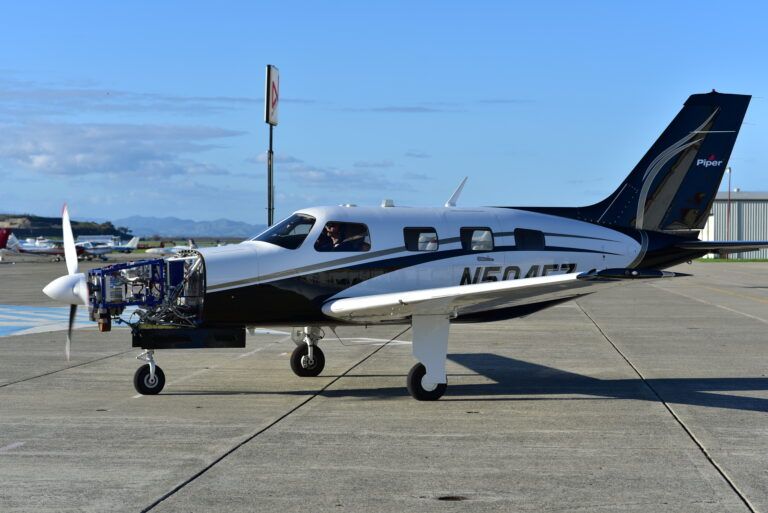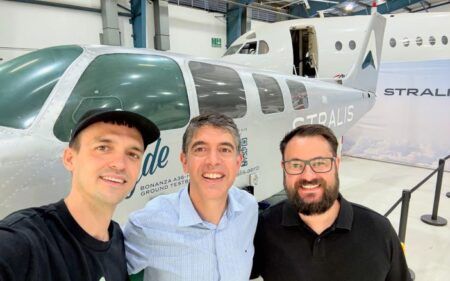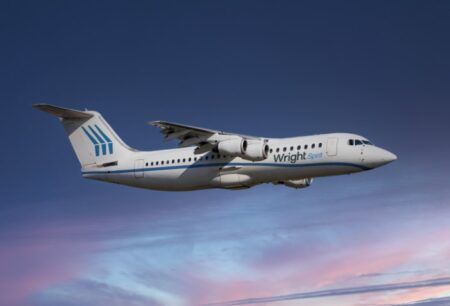GKN Aerospace is leading a £54 million (US$74 million) R&D program to develop the company’s first hydrogen propulsion system for aircraft.
The H2Gear R&D program, which is being funded in equal parts by industry and the UK Government, is developing a liquid hydrogen propulsion system for 19-seat regional aircraft that could also be scaled up to be used in larger aircraft and for longer journeys.
The objective of H2Gear is to ground test an aerospace-standard fuel cell based cryogenic propulsion system. This will include passing testing milestones on component, subsystem and complete system ground tests, to prepare for a potential flight test in 2025/2026. The company is looking to engage with airframers on potential platforms in the 2025/26 timeframe, GKN said.
The H2Gear project started last and will run for 5 years. Partners on the project include fuel cell developer Intelligent Energy, electric motor company Aeristech, Newcastle University, The University of Manchester and University of Birmingham. According to GKN the R&D program will create more than 3,000 jobs during the next decade.
The program is being delivered from GKN Aerospace’s Global Technology Centre in Bristol, a £32 million (US$44 million) R&D center opened in July last year.
Russ Dunn, chief technology officer for GKN Aerospace said, “Hydrogen-powered aircraft offer a clear route to keep the world connected, with dramatically cleaner skies. The UK is at the forefront of this technology, and the H2Gear project is an example of industry, academia and Government collaboration at its best.
“Working with our partners, and made possible by Government investment, GKN Aerospace will develop and industrialize the breakthrough technology to fly aircraft with zero carbon dioxide emissions by the mid-2020s.”
In addition to the H2Gear project, the UK Government announced last week it is giving ZeroAvia a £12.3 million (US$16.9 million) government grant for its HyFlyer II project, to scale up its zero-emissions engines for demonstration on a 19-seater aircraft. It is also funding the InCEPTion program, which is being led by drone-systems developer Blue Bear Systems Research, with a £2.8 million (US$3.8 million) government grant to develop a fully-electrified zero-emissions propulsion system for unmanned drones and smaller aircraft travelling short distances.






